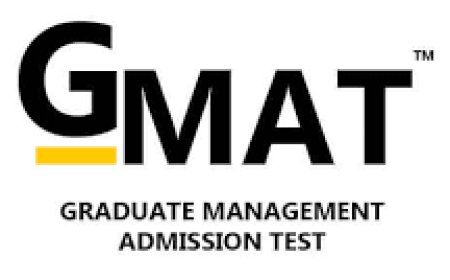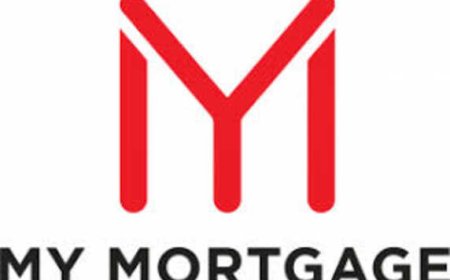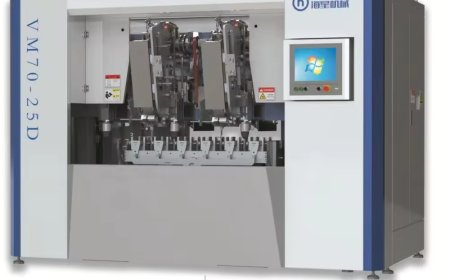Nursing Education in the Modern Age: Empowering Practice Through Competency

Nursing has long stood at the heart of healthcare. As clinical responsibilities expand and patient expectations rise, it is essential that nurses are educated in ways that reflect both complexity and care. In the past, nursing education leaned heavily on lectures and theory-driven learning. However, these methods often fall short in preparing nurses for the nuanced and fast-paced reality of clinical work. Thats where Capella Universitys FlexPath model enters the conversation. Through capella flexpath assessments, learners can master practical skills and demonstrate their readiness through applied, personalized, and flexible learning formats.
FlexPath emphasizes competency over seat time, allowing students to move forward as they prove mastery. This model is especially well-suited for working professionalsthose who already have clinical experience and want to enhance their knowledge without being held back by rigid academic calendars. The result is a dynamic, learner-driven education that prepares students for the demands of tomorrows healthcare environments.
By enabling students to focus on real-world scenarios, interdisciplinary collaboration, and critical thinking, FlexPath nurtures both the heart and the intellect of nursing professionals.
Building Safe Practice Habits from Day One
Patient safety is not an abstract goalits a measurable, daily responsibility for every nurse. Errors in medication administration, miscommunications during handoffs, and lapses in infection control can result in adverse outcomes. A proactive safety culture must begin in nursing education, and FlexPath integrates this deeply into its curriculum.
A perfect example of this is nurs fpx 4035 assessment 4, which challenges students to identify and address patient safety concerns in clinical environments. Students are asked to conduct a comprehensive risk assessment and recommend system-wide improvements that promote safety and accountability.
This assignment simulates real-life pressures nurses facebalancing workflow, patient acuity, and communicationall while ensuring patient wellbeing. It incorporates tools like risk mapping, root cause analysis, and safety metrics. Furthermore, students are evaluated on how they incorporate interprofessional communication strategies, ethical considerations, and feedback mechanisms into their proposals.
Assessments like this reinforce a proactive mindset. Students are trained to think beyond moment-to-moment decisions and consider the broader systems that impact safety. This ability is critical as nurses increasingly serve as the last line of defense between system failures and patient harm.
Leadership Development as a Core Competency
Modern healthcare depends on strong nursing leadership. Nurses are called to be more than just caregiversthey are expected to drive change, optimize care delivery, and inspire their peers. Leadership is not just about titles; it is about influence, vision, and ethical direction.
One of the most impactful FlexPath assignments in this domain is nurs fpx 4905 assessment 5. This task requires students to respond to a complex organizational issue through a leadership-driven solution. Whether the problem is related to staff burnout, inefficient care transitions, or interdepartmental miscommunication, students must develop a strategy that is grounded in both leadership theory and practical action.
Learners are encouraged to explore models such as transformational leadership, servant leadership, or shared governance. They must anticipate resistance to change, communicate across departments, and demonstrate how their proposed intervention aligns with organizational goals and nursing ethics.
Through this process, students learn to lead not from authority but from collaboration, competence, and empathy. These leadership experiences are critical in preparing nurses for future roles as charge nurses, nurse managers, and quality improvement coordinators.
Broadening the Lens: Population Health and Systems Thinking
Nurses today are expected to operate within larger systemsmanaging not only individual patient care, but also contributing to public health, health promotion, and chronic disease management. To do so effectively, they must understand the intricate relationships between social determinants of health, policy, economics, and clinical care.
FlexPath prepares students for these multifaceted roles by embedding systems thinking into its framework. Students analyze case studies on underserved populations, assess community health resources, and evaluate the effectiveness of public health interventions. They also gain hands-on experience with healthcare technology, including electronic health records and data analytics platforms that help identify trends and measure outcomes.
The emphasis on holistic and community-centered care equips graduates to work in roles far beyond traditional hospital walls. Whether they pursue careers in care coordination, public health education, or policy advocacy, these nurses will be ready to operate with clarity and purpose in diverse clinical and non-clinical settings.
The result is a nurse who doesnt just treat illness, but who understands and influences the larger systems that shape health outcomes.
Conclusion
Healthcare is changingbecoming more complex, more digital, and more people-focused than ever before. To thrive in this environment, nurses need more than clinical knowledge. They need leadership, ethical reasoning, systems thinking, and a deep commitment to quality care. Capella Universitys FlexPath model provides exactly that.
This transformative journey culminates in nurs fpx 4065 assessment 2, where learners synthesize their clinical, strategic, and ethical knowledge into a final project that proves they are ready not just to practice, but to lead the future of healthcare.



























